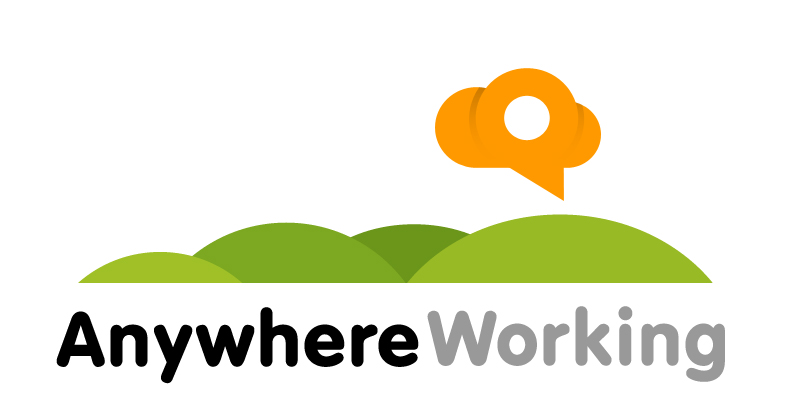We’re always looking out for inspirational ways people are helping others work anywhere and improve their wellbeing.
We recently came across Azuri Technologies who are providing rural people in Africa with the resources to generate electricity and pay for it simply through their mobile phones.
In short, it is allowing them to do more work at home and for their children to study for longer – simply by having the energy to power a light. Wanda Halbert from Azuri explains further in this featured guest post.
For a growing number of rural people in Africa, things are beginning to change with how they are able to access energy. It is not unusual for Kenyans to spend $2 a week on kerosene for lighting and a further $1 a week on mobile charging costs. Solar power is an obvious solution in many developing countries but the high up-front cost of small solar systems has been the major factor prohibiting their wider adoption.
Paradoxically, despite the low penetration of grid electricity, mobile phone penetration is widespread, in many countries rivalling that in the West. Azuri’s innovation has been “Indigo” which combines mobile phone and solar technology to provide pay-as-you go solar power, providing affordable energy without high up-front prices.
After paying a small one-off installation fee for their Indigo system, the user then purchases a scratchcard for around $1.50 each week to top-up their unit. The initial capital of the Indigo system is recovered through the weekly purchase of scratchcards over 18 months and the user reduces their spend by up to 50% compared to the cost of the kerosene and mobile phone charging fees it replaces.
But Azuri’s vision goes beyond just lighting. Once the initial cost of the unit has been paid off, the user is given the option either to unlock the product permanently for a small fee; or upgrade to a more powerful system. This ability to progressively upgrade is known as the “Energy Escalator”, where users can increase the quantity of electrical equipment in their household over time, adding support for important items such as a radio or TV.
Like an escalator, users can get off at any point and so are not committed to a long-term debt. This “pay-as-you-grow” business model is unique in the industry, assisting users to earn their way out of poverty without hand-outs or charity and transforms the Indigo proposition from a simple rent-to-own product purchase scheme, into a lifetime customer relationship.
The impact of Indigo is felt by the whole family but in particular by women who traditionally carry the responsibility for both household tasks and for childcare. Parents value access to the “permanent light” of Indigo and are able to tend to their babies during the night without the concern of intermittent light from kerosene or the ever present dangers of flammable fuels and choking smoke. Time is saved on trips to the market for mobile phone charging or on collecting grass to burn for lighting. Indigo users are able to extend their productive day by typically three hours which enables longer engagement in revenue generating activities or study.
Indigo is already having a transformational impact on the lives of rural Africans in Kenya, Zambia, Malawi and South Sudan. The technology provides an opportunity for people to move from a state disconnected from the knowledge economy to still being rural users but now with the benefits of information and communications that we take for granted in the West. In essence, rural communities can leapfrog the Industrial Revolution and move to the Information Age where they can fully participate in modern life and escape the days of kerosene forever.


